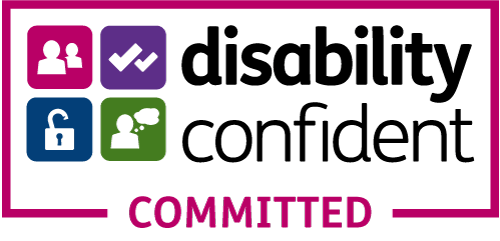Disabled students' allowance
If you are a UK student with a disability, long-term health condition, mental health condition, or specific learning difficulty (such as dyslexia or ADHD), you may be eligible for Disabled Students’ Allowance (DSA).
DSA is a non-repayable grant from the UK government that helps cover additional costs you may have as a result of your access needs while studying. It is separate from your student loan and does not depend on your income.
- Not eligible for DSA? If you are an international student or otherwise not eligible, please contact our Disability Coordinator, May Chopra-McFarlane, at [email protected] who is happy to explore alternative support options with you.
What can DSA help with?
Depending on your needs, DSA can fund:
-
Specialist equipment (e.g. ergonomic chairs, voice recognition software)
-
Non-medical support workers (e.g. study skills tutors, specialist mentors, BSL interpreters, mental health mentors)
-
Assistive technology and software
-
Travel costs related to your disability
-
Other disability-related study costs
For students with specific learning differences, DSA usually covers study skills support and equipment but not travel or accommodation costs.
Who is eligible?
You can apply for DSA if you:
-
Are a UK-domiciled undergraduate or postgraduate student
-
Are studying a higher education course in the UK
-
Have a disability, long-term health condition, mental health condition, or specific learning difference
-
Can provide suitable medical or diagnostic evidence
Eligibility varies across UK nations. Use the correct application route for your location:
-
Scotland: SAAS guidance
-
Wales: Student Finance Wales DSA
-
Northern Ireland: Student Finance NI
How much support is available?
-
As of 2025/26, undergraduate and postgraduate students in England can receive up to £27,783 per year in total support. The amount you receive depends on your individual needs, which are assessed through a 1:1 needs assessment.
When should I apply?
We recommend applying as soon as possible, as it can take up to 14 weeks for support to be in place.
What if I don’t have a diagnosis?
If you believe you may have an undiagnosed condition such as dyslexia, ADHD, or another learning difficulty, we can help you arrange an initial assessment. Please contact our Disability Coordinator at [email protected] as soon as possible so support can be put in place early.
The process
The process
-
Gather your evidence
This may be a letter from your doctor or a diagnostic report for a specific learning difficulty.
-
Attend a needs assessment
If your application is approved, you will be invited to book a meeting with an external assessor to discuss the types of support that would best suit you.
-
Get your support in place
Your needs assessor will send a report to your funding body. They will confirm what can be funded and arrange suppliers or support workers.
What if I don’t have a diagnosis?
If you believe you may have an undiagnosed condition such as dyslexia, ADHD, or another learning difficulty, we can help you arrange an initial assessment. Please contact our Disability Coordinator Mya at [email protected] as soon as possible so support can be put in place early.
Need help with your application?
We are here to help. If you:
-
Need advice on how to apply
-
Are not sure what evidence is needed
-
Want help completing forms
…please contact [email protected] or [email protected]




